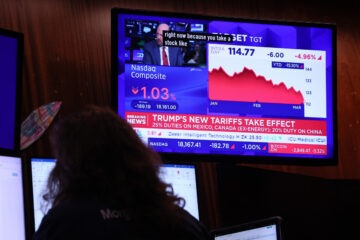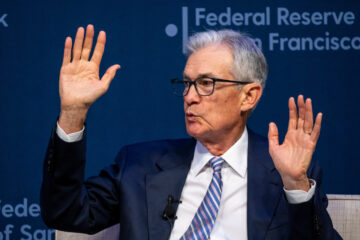The Pantera Capital-backed Coinsuper hasn’t allowed withdrawals since November.
Dozens of clients have reportedly been unable to make withdrawals from the Hong Kong-based cryptocurrency exchange Coinsuper since late November, according to Bloomberg, which reviewed a series of messages on the firm’s official Telegram.
Five customers told Bloomberg that after withdrawals were apparently frozen, leaving them unable to retrieve combined $55,000 worth of tokens and cash, that they’d filed police reports. Coinsuper has not responded to requests for comment.
In the Coinsuper’s Telegram chat, as reviewed by Bloomberg, the administrator stopped responding to questions about the frozen withdrawals in late November, “then resurfaced in the past week to ask affected users to provide their email addresses. Some clients said in interviews that there was no follow-up after doing so.”
What Is Coinsuper?
Coinsuper was founded in 2017 by Chinese business person Zhang Zhenxin, who died in 2019. The exchange is backed by Pantera Capital, which invested in it in a June 2018 Series A funding round.
It is currently run by former UBS China Inc. President Karen Chen, who was previously the President of the bank’s wealth management unit in China. In October, Chen was listed as Coinsuper’s biggest individual shareholder in the latest annual report filed with the companies registry.
Pantera Capital did not respond to request for comment, though the company is still listed on its website as one of its investments.
In late 2019 Coinsuper peaked with a daily exchange of $1.3 billion, according to crypto data firm Nomics. It currently remains operative, and handled around “handled around $18.5 million of volume in the past 24 hours.”
Coinsuper made its last major announcement in September of last year, announcing via Twitter that the Solana cryptocurrency and the Tether stablecoin would be available on the exchange. Its social media accounts have been inactive since December 1st.
Several employees of Coinsuper’s left the company between July and December, according to data from Hong Kong’s Companies Registry.
Aftermath Of The Freeze
This unexplained freeze is increasing calls for broader regulatory oversight of cryptocurrencies in Hong Kong. In November 2020 the head of the city’s securities watchdog proposed a licensing regime for all crypto-trading platforms.
Hong Kong uses a so-called “opt-in” regulatory regime for crypto exchanges, in which companies apply to be regulated, but the stringent regulations means makes this an unattractive option to many. But this “opt-in” model isn’t expected to stay the norm much longer, according to experts.


